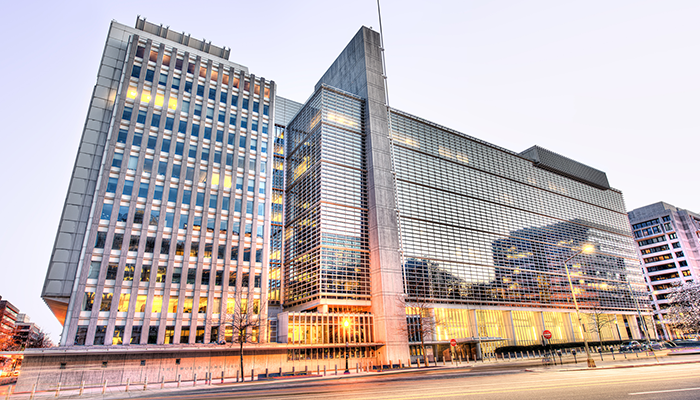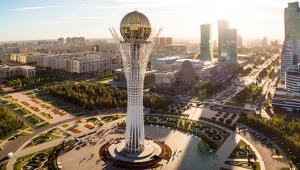web_world_bank_istock-817682226.png

The World Bank
Economic shutdowns are dealing a “severe blow” to the global economy, affecting poorer countries particularly harshly, but longer-term effects can be blunted by making the right choices in public spending, the bank argued in its Global Economic Prospects paper.
The report states that emerging countries with weak health systems are among those hit the hardest by Covid-19, along with those especially reliant on tourism or commodity exports.
And while the short-term priority for governments should be on sustaining economic activity, the World Bank said, after the pandemic deep recessions risk being amplified if losses to human capital during the crisis are not mitigated.
“Short-term response measures to address the health emergency and secure core public services will need to be accompanied by comprehensive policies to boost long-term growth, including by improving governance and business environments, and expanding and improving the results of investment in education and public health,” the report stated.
“To make future economies more resilient, many countries will need systems that can build and retain more human and physical capital during the recovery – using policies that reflect and encourage the post-pandemic need for new types of jobs, businesses and governance systems.”
World Bank president David Malpass warned that current estimates show 60 million people could be pushed into extreme poverty this year, with that number likely to rise if large, developed economies remain shut down for longer than expected.
“Policy choices made today… will help limit the damage and build a stronger recovery,” he said.













